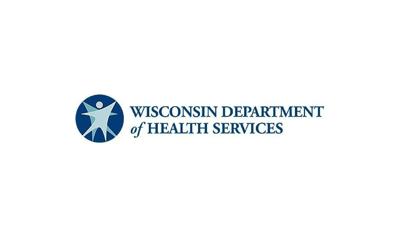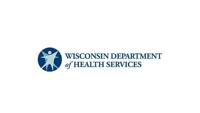MADISON (WKOW) - The Wisconsin Department of Health Services (DHS) released two new studies on birth outcomes in the state. The reports specifically address the significant disparities in infant deaths and what steps can be taken to reduce them.
The Wisconsin Perinatal Periods of Risk (PPOR) reports analyze the factors that contribute to fetal mortality so the DHS can focus on public prevention efforts.
The data shows the state's overall stillbirth rate has been decreasing over the last ten years and is now lower than the national rate. The report shows the stillbirth rate was 4.9 per 1,000 live births and fetal deaths in 2021.
Dr. Jasmine Zapata, DHS Chief Medical Officer for Maternal Health, said infant deaths are a continued health crisis and resolving it will take a comprehensive approach.
"It will be really important to increase funding for maternal and infant health programs. It's very important to expand access to high quality health care services," Zapata said. "We also need to address racial bias in our health care system and ensure culturally appropriate care for our black patients as well as Alaska Native and American Indian patients."
The data from these reports does not cover the entire COVID-19 pandemic era, but Zapata said impacts of the virus have worsened infant and maternal outcomes over the last years.
"Even before the pandemic, we were facing racial inequities in our maternal mortality outcomes, our infant mortality outcomes. It was already bad; we were already facing a lot of inequities. But big picture. The pandemic has worsened many of those things that were already in existence," she said.
Zapata said right now, there is "a lot of work underway." This includes $16 million of federal funding dedicated to maternal and child health initiatives. She said these initiative have shown fruit.
"One thing that some other states have done that have shown impact is expanding postpartum Medicaid coverage to 12 months. We know that chronic conditions that mothers and birthing people face can impact their own health, and also the health of their current babies and future children," Zapata said.
Zapata said it's extremely important to ensure access for all mothers and birthing people in Wisconsin beyond "just the short period of time during pregnancy" and into the baby's first year of life.
Zapata said when you talk about infant mortality, it is more than just statistics.
"These are real lives and real families. So, one life gone is too many. But with that being said, I will say these inequities have been very persistent over time, we're not seeing any significant and no significant moves in the right direction," she said.
Doctors say there are things to be done on the health care level, but also say there are things the general public can do.
This includes getting involved in local politics and supporting maternal and child health organizations.














